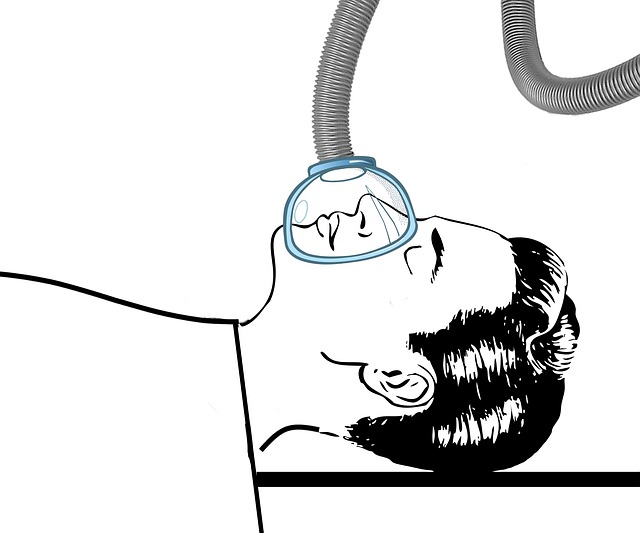
Read on for the expert advice of Giovanna Mahar, the NYSANA President, in regards to the importance of safe anesthesia during dental care.
Attitudes and habits established at an early age are critical in maintaining good oral health throughout life. During February, National Children’s Dental Health Month, it is important to know how to keep your child’s teeth healthy and that they have access to safe dental care in New York. As president of the New York State Association of Nurse Anesthetists and a mother of 4, I encourage parents to not only teach their children good dental habits, but also work with their dental team to help ensure the delivery of sedation or safe anesthesia care is provided by a qualified, licensed anesthesia professional such as a Certified Registered Nurse Anesthetist (CRNA).
According to the Centers for Disease Control and Prevention (CDC), tooth decay is one of the most common chronic diseases in childhood. Children who have poor oral health often miss more school and receive lower grades than children who don’t. Untreated cavities can cause pain, infections, and can lead to problems eating, speaking and learning. And although generally thought of for adult dental procedures, many children receive sedation and anesthesia, even for what would be considered routine dental care, due to special needs, fear, anxiety or procedural pain.
This increases the complexity of care and emphasizes the importance that sedation and anesthesia are provided by an anesthesia professional, such as a CRNA, who is focused only on patient safety, monitoring, and vigilance.
Many children and individuals with developmental delays need help with oral care. I have assisted many children in maintaining good oral hygiene. I’ve also provided support to parents; it’s scary to hand your child to someone you don’t know. As a mother I have sat in a parent’s seat, handed over my child’s care to a stranger and trusted their skills. I have also handed a child over when I knew too much and still trusted the skills of the CRNA. Being a parent is scary, but trusting your CRNA should not be.
CRNAs are highly educated, trained, and qualified anesthesia experts. They provide 50 million anesthetics per year in the United States, working in every setting in which anesthesia is delivered. They also deliver quality care to rural and other medically underserved areas, where they ensure access to anesthesia care to populations that would otherwise have to travel significant distances from their homes for treatment.
Patients who require sedation or anesthesia for dental procedures can count on a CRNA to stay with them throughout their procedure, advocate on their behalf, and provide high-quality, patient-centered care. CRNAs are proud to serve patients in communities throughout our state, working with dentists to provide important access to safe, cost-effective dental services.
Establishing healthy habits early, like regular brushing and flossing, is essential to maintaining good oral health. But when the need arises, you also want your child to have a dental team, including a CRNA, that is working together to deliver safe, quality dental care.
ABOUT THE AUTHOR
Giovanna Mahar received her BSN from the State University of New York at Buffalo, School of Nursing in 2001. She went on to work in the Surgical ICU at Albany Medical Center for 6 years. She attended the Nurse Anesthesiology Program at Albany Medical College in 2009.
After graduation, Giovanna worked at a rural community hospital in Pittsfield, Massachusetts. She returned to Albany Medical College’s Center for Nurse Anesthesiology as an educator in 2013 and went on to obtain her doctoral degree from Virginia Commonwealth University in 2016. Giovanna is currently the Assistant Program Director at Albany Medical College’s Center for Nurse Anesthesiology and President of the New York State Association of Nurse Anesthetists (NSYANA).
FEATURED IMAGE CREDIT: Click on 👍🏼👍🏼, consider ☕ Thank you! 🤗 from Pixabay.











